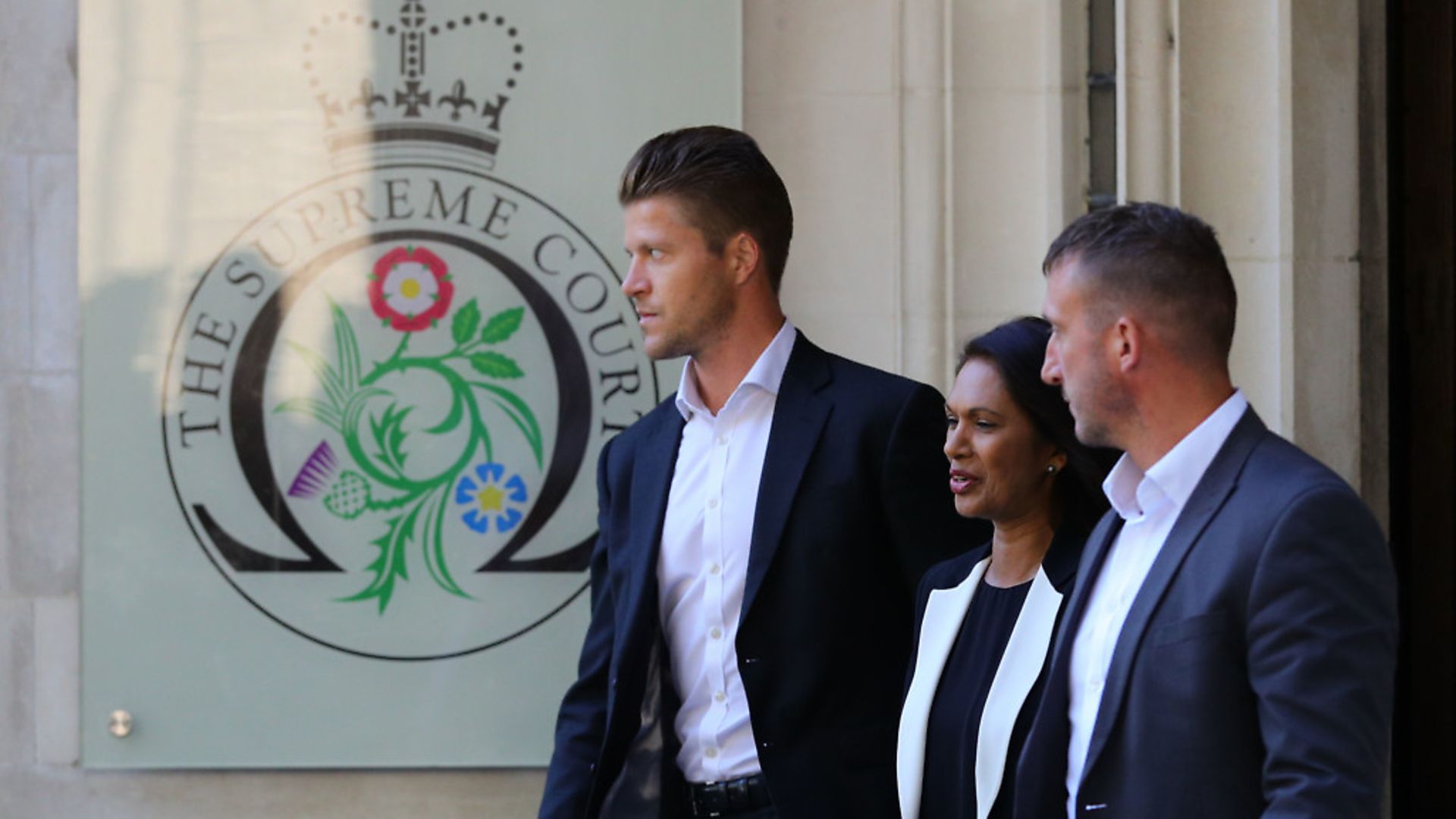
Former prime minister Sir John Major has hit out at the government as documents reveal that Boris Johnson is considering proroguing parliament again even if the court rules against him.
Sir John is an intervener in an unprecedented case at the Supreme Court over the prime minister’s advice to the Queen to suspend parliament for five weeks.
In a witness statement prepared for the High Court hearing, Sir John said it was “utterly unacceptable” for the government to “seek to bypass” parliament because it does not agree with the proposed course of action on a certain policy.
He said: “I have huge admiration for our parliament and am a keen supporter of its rights and duties.
“I cannot stand idly by and watch them set aside in this fashion.
“I appreciate that this is not the government’s stated intention for proroguing parliament, but for the reasons set out in this statement, the inescapable inference to be drawn is that the prorogation is to prevent parliament from exercising its right to disagree with the government and to legislate as it sees fit.”
It came as government documents submitted to court show that parliament could remain suspended even if Boris Johnson loses at the court case.
Documents submitted to the court on his behalf reveal three possible scenarios in the event the 11 justices conclude the prime minister’s advice to the Queen to prorogue parliament for five weeks was unlawful.
The first envisages a situation where the judges find it was unlawful, but their reasoning leaves open the possibility that parliament could be prorogued for the same length of time in a lawful manner.
The document, submitted by Sir James Eadie QC and advocate general for Scotland Lord Keen, states: “In that scenario, the court would and could not make any order purporting to require parliament to be reconvened… parliament would remain prorogued.”
The second possible outcome is that the court could find the suspension was unlawful and that the recall of parliament before October 14 is the “only option lawfully open to the prime minister”.
In this scenario, the document states Johnson would comply with the terms of the ruling, but that it would also be “open to the court to consider whether to make a mandatory order”.
However, Johnson’s lawyers urge the court to consider the “very serious practical consequences” as the recall of parliament would require a meeting of the Privy Council and a new Queen’s Speech.
In the third possible outcome, the document states the court could rule that the prorogation was unlawful, with the effect that parliament was not prorogued and remains in session.
However, Johnson’s lawyers assert that, depending on the court’s reasoning, it may still be open to the prime minister to consider a further prorogation.









